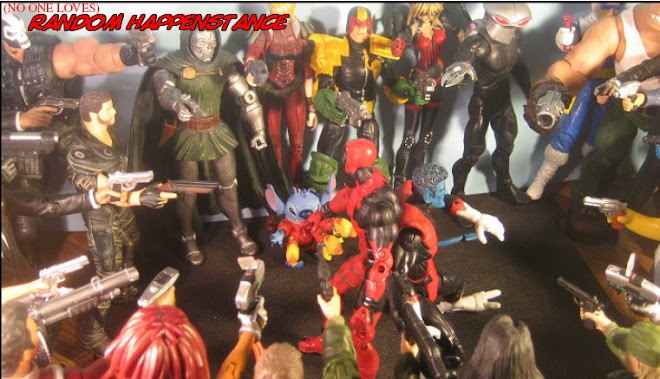Tuesday, October 11, 2022
"Leech" isn't an endearing nickname, but his friends AND the feds use it, so...
I lucked into another stack of EC reprints from my local shop, so let's hit one real quick: from 1994 and Russ Cochran, Crime Suspenstories #7, reprinting EC's Crime Suspenstories #7 from 1951.
Johnny Craig bats lead-off with "Hatchet-Killer!" After a rash of murders in the suburbs, a housewife is getting increasingly scared and paranoid. But, while her hubby has to go to work, the part-time maid Hilda will be in so she won't be by herself. Great, except as circumstantial evidence begins to pile up, it looks like Hilda was the Hatchet-Killer, but of course there's a twist. Ditto "Revenge!" An Bill Gaines/Al Feldstein/Jack Kamen number, as a golddigger lands a rich husband, but is then tempted by a handsome oil-rigger. Together they sabotage the husband's car, but he has the nerve to survive the accident, although it leaves him mute and paralyzed. Still, that just means he'll keep his mouth shut.
I liked "Phonies" (Gaines/Feldstein and Jack Davis) because traditionally, bad guys had to get their due punishment in the end, but one might sneak through! A safecracker sees an item in the paper about a gambler that had got called to testify in Washington, presumably leaving his home ripe for the taking. Unfortunately, the gambler hadn't left yet, and catches the safecracker at gunpoint. The gambler didn't think the 'cracker could've popped the safe anyway, so is easily talked into a side-bet: a thousand bucks and his freedom, if he can open it. He does, and skates...but the gambler wasn't; he was another thief, 'Leech' Baker, who "for a thousand dollar investment" makes off with all of the gambler's stash! But, the twist ending was still coming for 'Leech.'
Finally, a Haunt of Fear story, "Horror Under the Big-Top!" Written by Gaines and Feldstein, art by Graham Ingels. The wife of the human cannonball wants to run off with the trapeze artist, so they'll have to kill him: they're fairly clever about it, but it still backfires on them like a Wile E. Coyote bit. Meanwhile, the jealous cannonball had cut the trapeze artist's ropes: I have no idea how many circus performers died at work between 1940 to say 1980, but comics make it seem like a deathtrap.





Could be me, but Hilda is definitely a case of dude looks like a lady.
ReplyDeleteI wonder how often love triangles formed amongst circus performers back then. I guess it's a case of relationships forming because of the close proximity & the available pool posible love matches.
Could also be me, but there could possibly be a commentary on how the woman prefers a trapeze artist over a human cannonball, because the trapeze artist maybe be a more delicate, careful lover, whereas the human cannonball is merely just all force & ramming. Who knows.